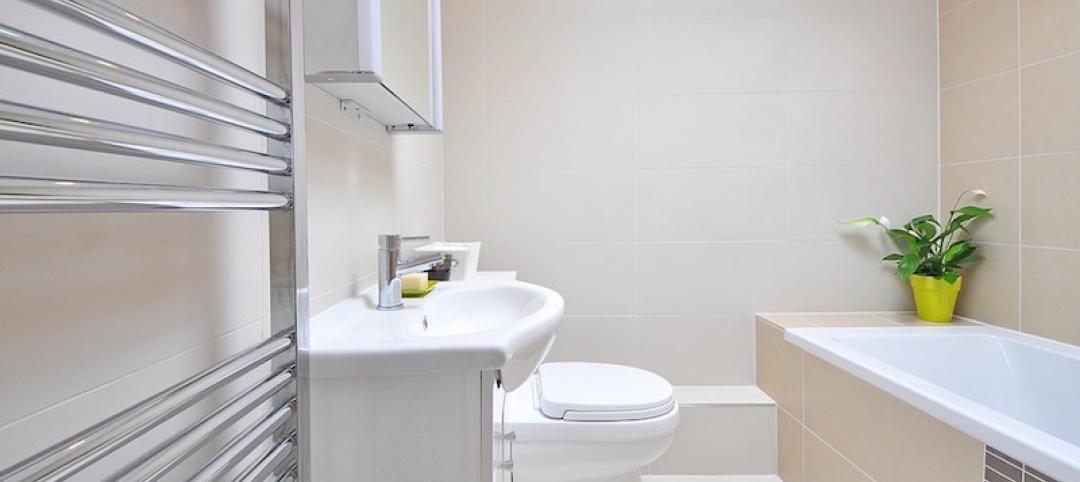Commercial property owners should commit to greenhouse gas (GHG) reduction—a strategy that reaps financial benefits and prevents buildings from becoming stranded assets, according to an energy efficiency consultant writing in GlobeSt.
A systematic drive to reduce emissions across the portfolio will garner savings on energy and water, as well as on levies for exceeding carbon emissions standards enacted by local governments. Decarbonization can avoid “stranded assets … properties that will be exposed to the risk of early economic obsolescence due to climate change because they will not meet future regulatory efficiency standards or market expectations.”
The first step is to set minimum standards for the entire portfolio and efficiency goals for individual properties. Portfolio standards could be performance based (e.g., 10% reduction of all assets by 2030), or prescriptive based (e.g., 100% LED lighting at all assets by 2025).
An energy and water audit, a comprehensive analysis of the property’s energy and water consumption using the ASHRAE Energy Audit Standards, should be conducted at each site. The audit measures energy and water usage, identifies property conditions that may cause excessive use, and provides efficiency measures to improve energy and water efficiency.
Other GHG reduction measures include building automation and controls, retro-commissioning, sourcing green energy from utilities, fully electrifying buildings, and integrating renewable energy systems into the property.
Related Stories
Codes and Standards | Feb 17, 2017
New energy design guide for metal building systems now available
The second edition incorporates more recent IECC and ASHRAE standards.
Codes and Standards | Feb 14, 2017
Paper outlines how BREEAM credits can be used for WELL standard compliance
The paper provides guidance on how to streamline pursuit of dual certification.
Codes and Standards | Feb 14, 2017
Evidence mounts on health, productivity benefits of sustainable work spaces
High-performance green buildings are linked to better job performance.
Codes and Standards | Feb 13, 2017
Calif. commission approves ‘emergency’ balcony code changes
The changes apply to multifamily, hotels, state-owned buildings, and public schools.
Codes and Standards | Feb 9, 2017
Google-initiated program aims to get construction industry to use healthier building materials
Portico platform features a database of products ranked on how they disclose ingredients.
Codes and Standards | Feb 7, 2017
Newer structural standards mitigating earthquake impacts in Oklahoma
Buildings constructed in the last two decades are largely holding up to increased seismic activity.
Codes and Standards | Feb 6, 2017
New York State offers $36 million for energy efficiency on commercial buildings
Programs will provide money for both owners and renters.
Codes and Standards | Feb 6, 2017
New white paper on modular bathroom pods offers insight on best uses
When to use them, cost, and installation are issues that are explored.
Codes and Standards | Feb 3, 2017
Justice in Design initiative to explore how to design a modern jail
The report will inform design principles for New York City jails.
Codes and Standards | Feb 1, 2017
Massachusetts, Colorado, Illinois lead annual Top 10 States for LEED Green Building list
LEED for Building Operations and Maintenance the most popular rating system in top 10 states.

















